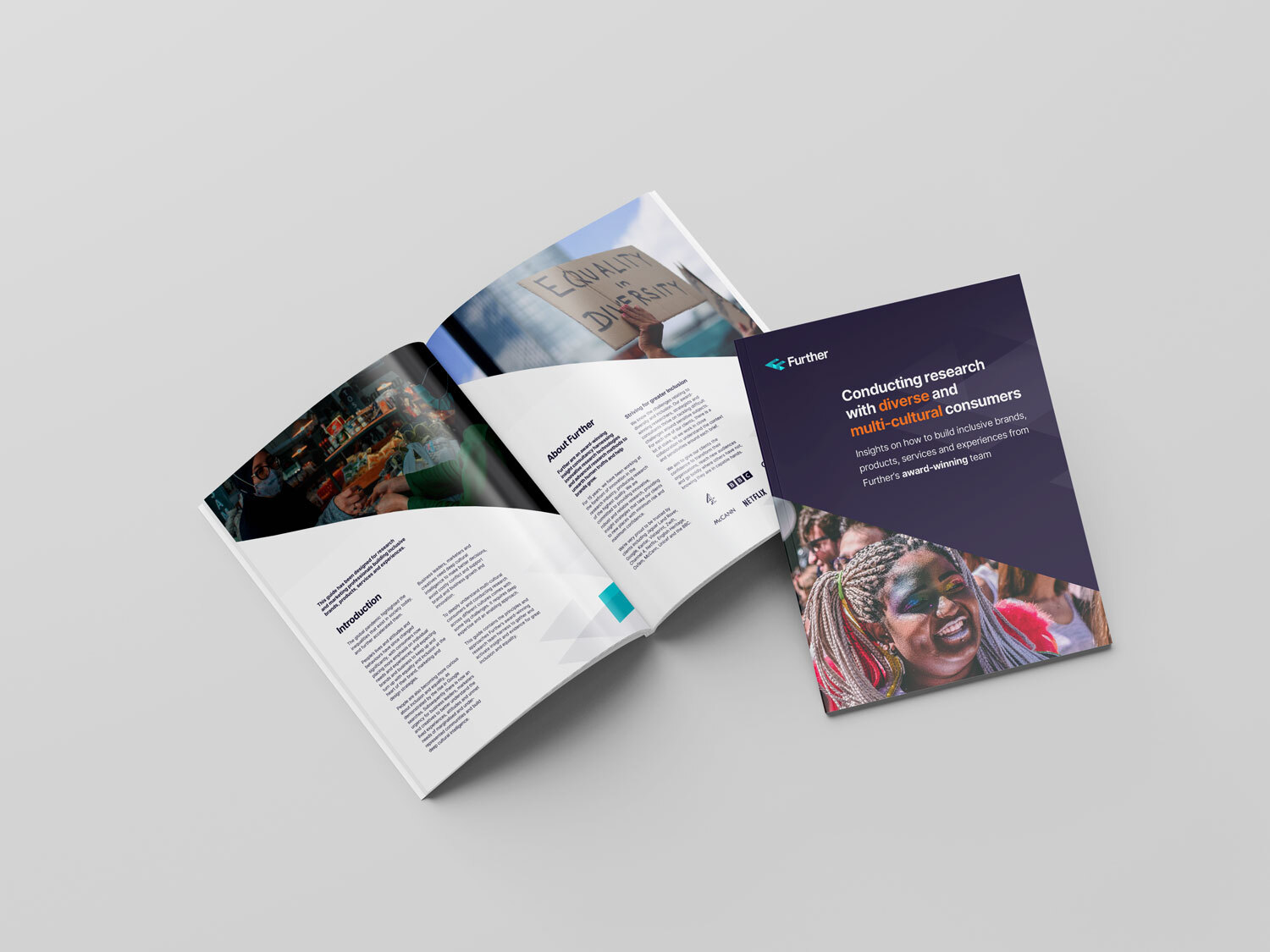I recently spent a hugely informative part of my morning on the phone with Rebecca Wynberg. For those of you who don’t know Rebecca, she’s had, and continues to have, a hugely successful career in qualitative research. As Managing Director of The Research Business, then founder of the largest independent qualitative research agency in the world, Sadek Wynberg Research (later to be sold to Millward Brown), and subsequently as CEO - Global Qualitative at TNS, Rebecca has continued to lead from the front, strengthening standards and promoting best practice within the sector. She currently divides her time between Non-Executive Chair of Global Qualitative responsibilities at TNS, her own research agency, Wy, and as chair of the charity, Cancerkin. To top this off, Rebecca has been the qualitative consultant to Unilever in their global Qualitative Accreditation Programme from its inception in 2010.
To say, therefore, that she has some credentials on the subject of qualitative research is an understatement of rather substantial proportions.
Rebecca was kind enough to lend me her time, giving me the lowdown on why qualitative research is so important and why its origins need to be recognised in today’s world of technology, a topic which she previously discussed via her ‘Manifesto for Qual Research.’
We started by talking about motivational psychology - the basis behind qualitative research - discussing how it gave companies the ability to explore how people felt about their products and brand. Furthermore, Rebecca explained to me that with a small - but sufficiently representative - sample of the population, companies were able to rely on the skill of their researchers to explore, then subsequently interpret and analyse, the participant’s needs. But herein lies the issue. As Rebecca states in the aforementioned manifesto, ‘Qualitative research needs to go back to the original source, to re-acquaint itself with the importance of really knowing the individual and the ways that individuals exist in the world.’ In order to do this, researchers must remember that qual research goes beyond the method of its extraction and that understanding consumers and brands still rests on understanding human behaviour and emotion at the deepest level.
It was Rebecca’s belief that the growth of online qual and the platforms that support it have, in many cases, caused true analysis and thinking to suffer, and that without proper support from the qualitative professional, Qual is constantly at risk of being undermined by its digital disposition and by its focus on how the information is gathered rather than on what it means. Clients were too often receiving information in the form of raw data and not the interpretative reporting that set apart proverbial wheat from the chaff in the world of market research.
.webp?width=635&name=Mark_Twain_Red%20(1).webp)
Twain’s quote plots a current trend amongst some qualitative researchers, both on and offline, and after paraphrasing it, Rebecca spoke of a continuing worry that ‘the seduction of technology was dumbing down qual’ and exacerbating the issue. All was not lost, however, and she firmly held the opinion that online qual presented a huge opportunity and tremendous value to researchers and their clients. With the proper support and with a strong research ethic in place, online qual is able to provide immediacy and access to behaviour in real time that traditional qual, often reliant on memory, cannot. However, it must also, like any qualitative method, be used at the correct time in the process. In the early stages, such as positioning and during exploratory work, is where qualitative research, whether on or offline, finds its home. However, there is a danger that the power given to qualitative research by technology also presents its own problems. There’s a famous quote attributed to Lyndon B. Johnson (or Rocky Balboa, if you’re a big fan of Creed) stating that ‘You aren't learning anything when you're talking.’ By giving them the ability to communicate with participants at such frequent intervals, technology runs the risk of deafening researchers and brands with their own noise.
Furthermore, as technology becomes more and more widespread, brands want information cheaper, quicker and more easily decipherable and as a result, are often unhappy with the timeframes that effective and rigorous qualitative research, even online, requires. All this, even with a broad knowledge of qual being commonplace. Throughout our conversation, Rebecca communicates a worry that a typical qualitative debriefing, where a researcher would have interpreted what the customer needs and wants, is being replaced with superficial reportage. As such, on an increasingly regular basis, brands aren’t receiving insight, just raw information, which by its very nature, often lacks the ability to support effective decision making. With users of traditional qual becoming older, it is clear that in order to establish best practice, the younger generation of qualitative researchers, for whom online qual and communities are routine, need to take a stand.
In today’s job market, you only need to glance through a randomly chosen sample of specifications, regardless of the job’s seniority, to see that experience using innovative approaches to research, such as online qual and communities, is the now becoming the norm. With both this, and the warnings put forward by Rebecca, in mind, it is the role of suppliers such as Further to be more than just a platform for researchers and brands to use. I mention this thought to Rebecca, making a point to reference our own ideology about being more than a platform. She responds, quite rightly, that to improve standards across the industry, brands have to see other brands using Further in a way that reflects best practice in order for them to recognise the need to do it themselves. Or, as Rebecca puts it, we can tell brands this until we’re blue in the face, they won’t listen unless we can prove it. It’s a good job, I mentally note, that we have some excellent examples to choose from and a whole host of new case studies on their way!
Delve a little deeper into the depths of the job market, however, and you’ll see that some companies are already forming a vanguard to protect again reportage style research, making a clear reference to it in their search for new hires. Clear, inspirational and, most importantly, interpretive debriefs are the order of the day. Furthermore, looking ahead to the Berlin-based, ESOMAR Global Qualitative Conference in November, the event (in its own words) looks to “shine a spotlight on skilled storytellers with captivating personalities, eventful tales and unforgettable endings!” As the sector seeks to re-evaluate the way insight is presented to clients and colleagues in the boardroom, it is important that technology suppliers like Further establish themselves as more than tool for easy data gathering, but as network of support that encourages best practice, enables real insight and importantly, assists members of the qualitative community, new and old, to do research better and more efficiently, rather than just quicker and cheaper.
I’ve rarely had a morning as informative as the one I did on the phone to Rebecca, and I can only thank her again for her time. Hopefully, I’ll have the chance to talk to her again soon.
Oh, and if you like stories, we've got an infographic about ours on the way. In the meantime, we’d love to tell it to you in person, so contact us for a demo and delineation.





















%20(1).webp)

.webp)

%20(1).webp)

.webp)

.webp)
.webp)
.webp)
.webp)

.webp)
.webp)
.webp)
.webp)